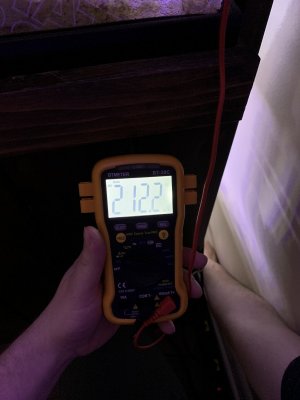Brew12
Electrical Gru
View BadgesExcellence Award
Reef Tank 365
Article Contributor
Moderator Emeritus
North Alabama Reef Club
Article Administrator
My Tank Thread
I did actually.I realize this is years old now, just wondering if you ever did put together a more detailed how-to with photos of the process? You make it sound so easy (and cheap and obviously effective) but possibly above and beyond my electrical DIY skill level.

DIY GFCI installation
I have a reputation for having a passion for safety, especially electrical safety. I want to share how I will be implementing GFCI on my new system. First, I made a big box store run and picked up a 2 gang, new construction style electrical box. I also picked up 2 heavy duty cords, 2 gfci...
 www.reef2reef.com
www.reef2reef.com




















